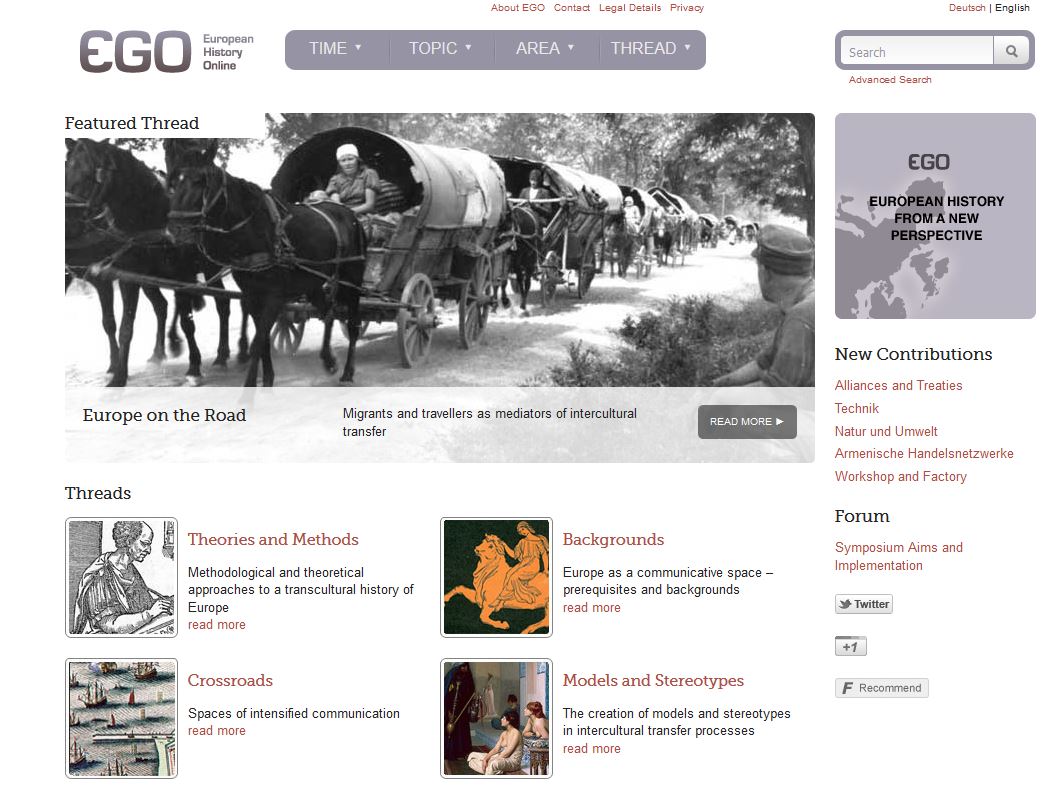Prof. Dr. Nicole Reinhardt

Personal Details:
She has served as director at the Leibniz Institute of European History (IEG) in Mainz since October 2022 and heads the research group "Religion".
Research Interests:
Memberships (Selection):
Publications (a selection)
Research projects:
EGO | European History Online

Faith, Friendship, and Natural Philosophy: The Oziosi Academy in Counter-Reformation Bologna
In this monograph project, Nicole Reinhardt examines a Bolognese academy in which primarily students of medicine and philosophy gathered between 1563 and 1567. The brief existence of the Oziosi Academy raises a number of questions, not least that of the social, intellectual and religious classification of the students of natural philosophy at the university and in the immediate final phase of the Council of Trent.
IEG activities in the "Leibniz ScienceCampus – Byzantium between Orient and Occident – Mainz / Frankfurt"
The aim of the ScienceCampus Mainz / Frankfurt is to establish a broad institutional platform for interdisciplinary Byzantium research. All subjects are involved that contribute or can contribute to the research of the Byzantine Empire and its culture: Christian archeology / Byzantine art history, medieval history, prehistoric and early historical archeology (focus on medieval archeology), Byzantine studies, Eastern European history, early modern churches and the history of theology, Musicology and Modern History (Early Modern Times).
The Counter-Reformation Self
Although the Renaissance as the supposed birthplace of the "modern individual" has largely been debunked as a myth, historians usually locate signs of early modern individuality among those who deviated from the norm, i.e. mostly among "heroes" and "heretics". With this micro-historical project "The Counter-Reformation Self", Nicole Reinhardt takes a deliberately different approach and follows the career of a conformist in the age of the Counter-Reformation (ca. 1540-1610).


